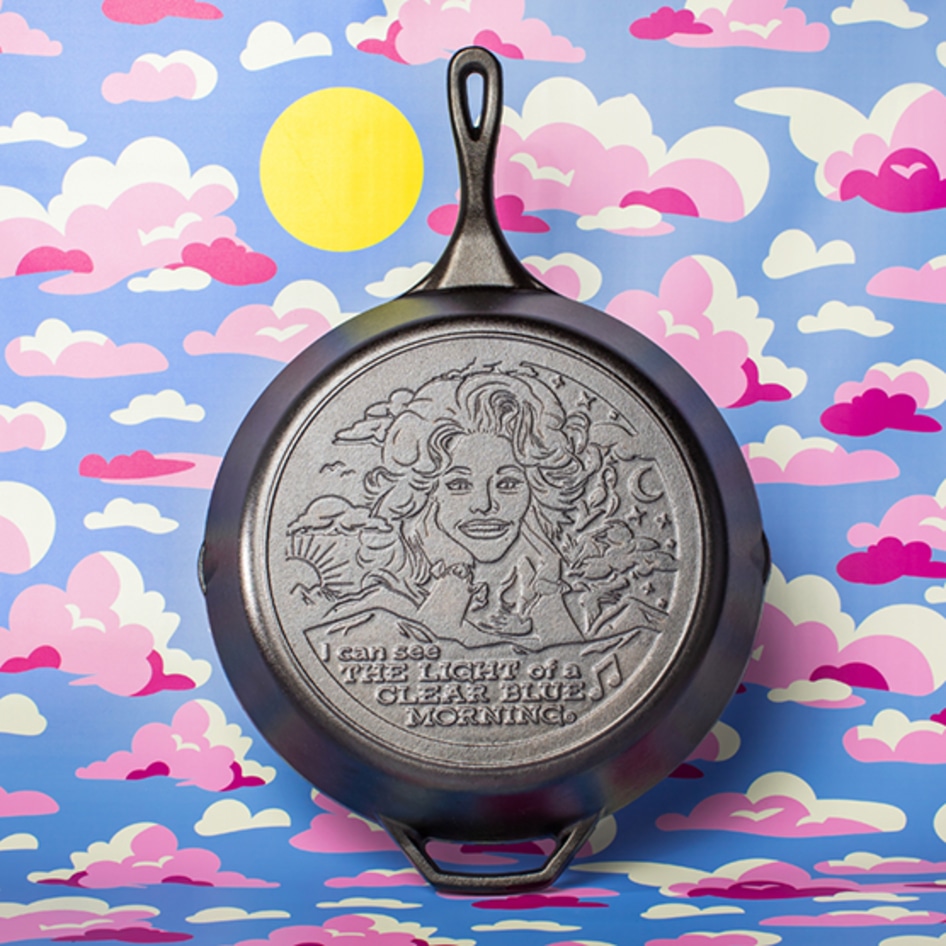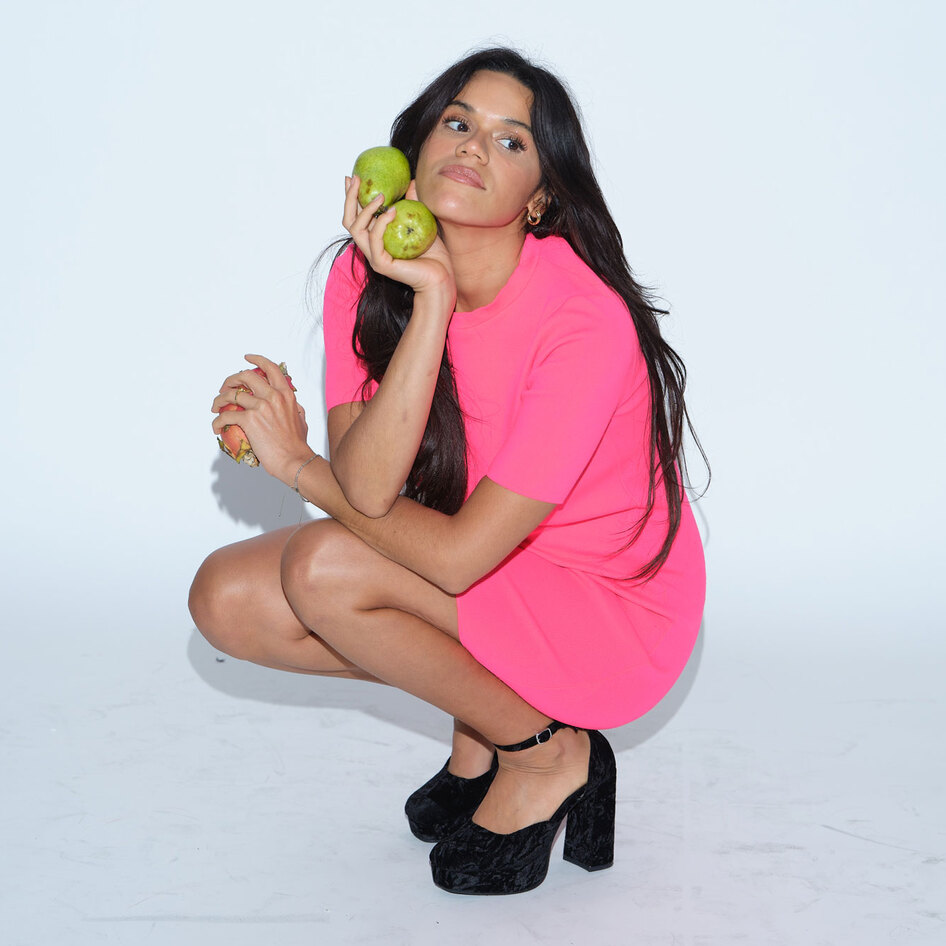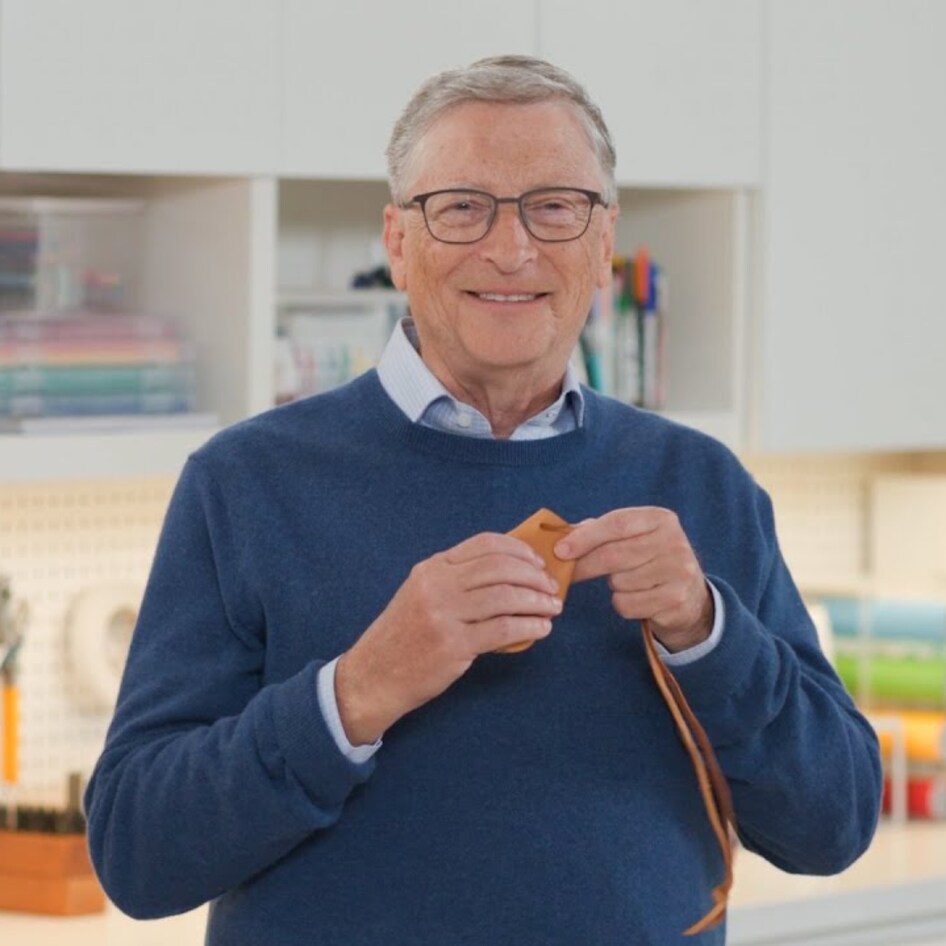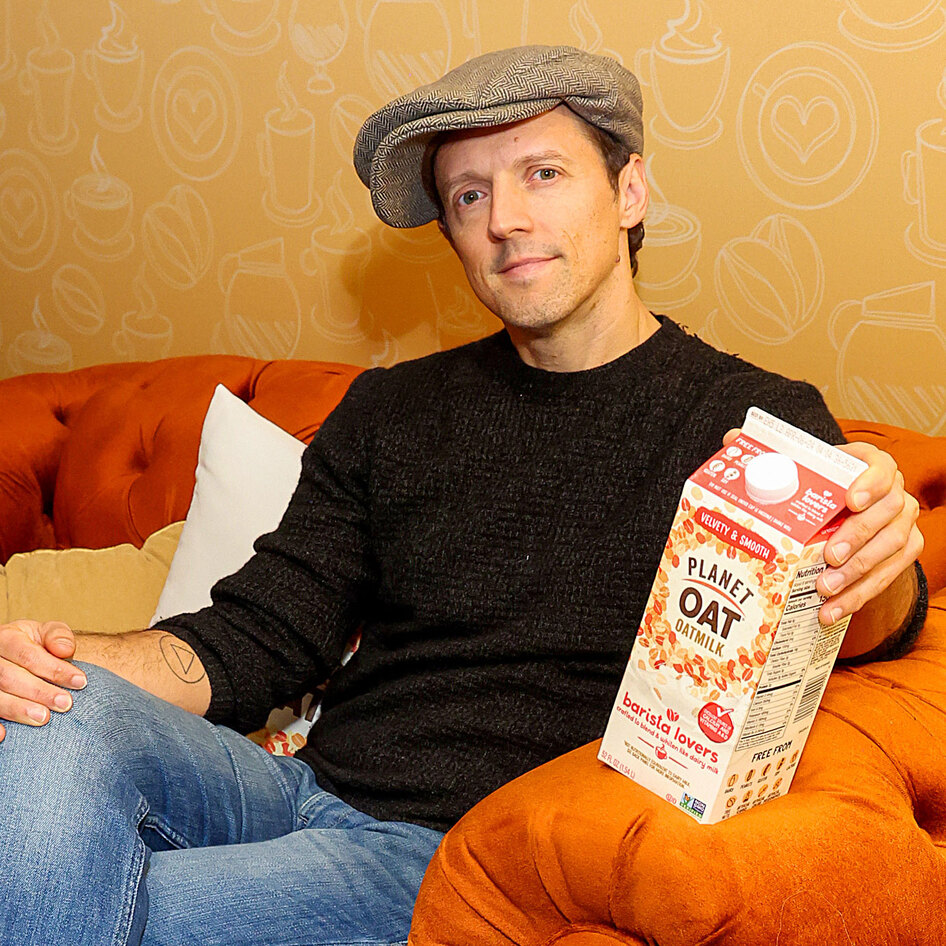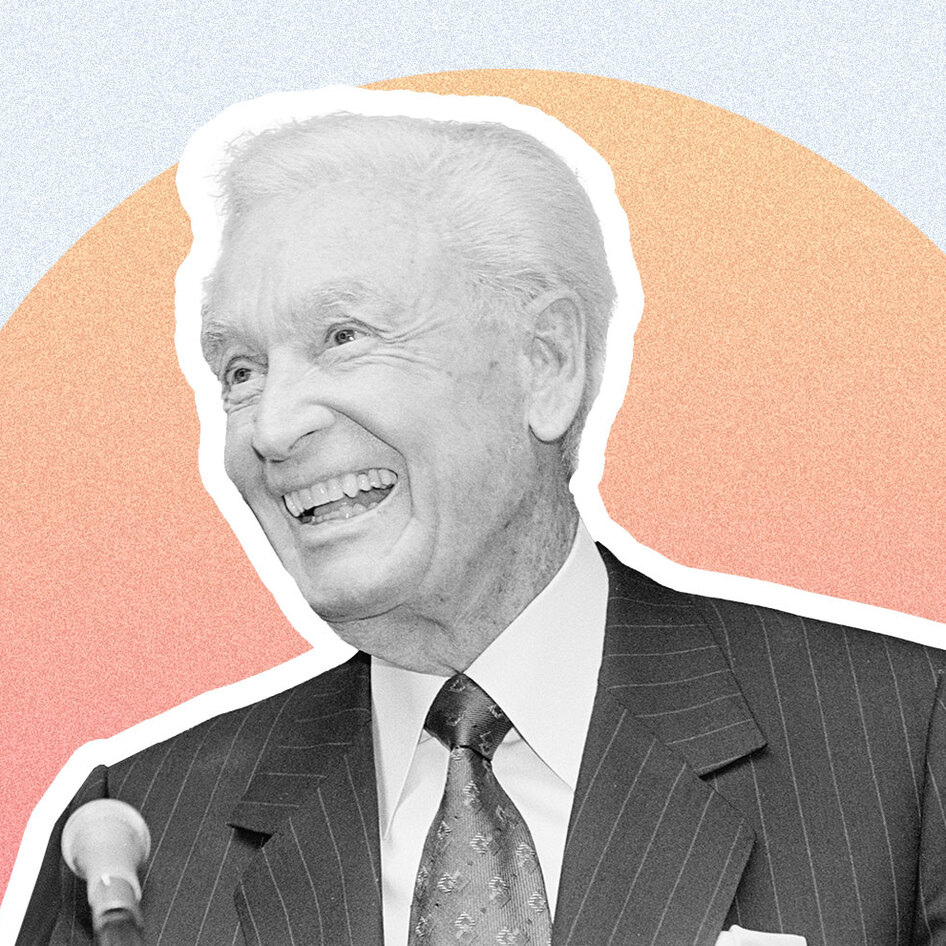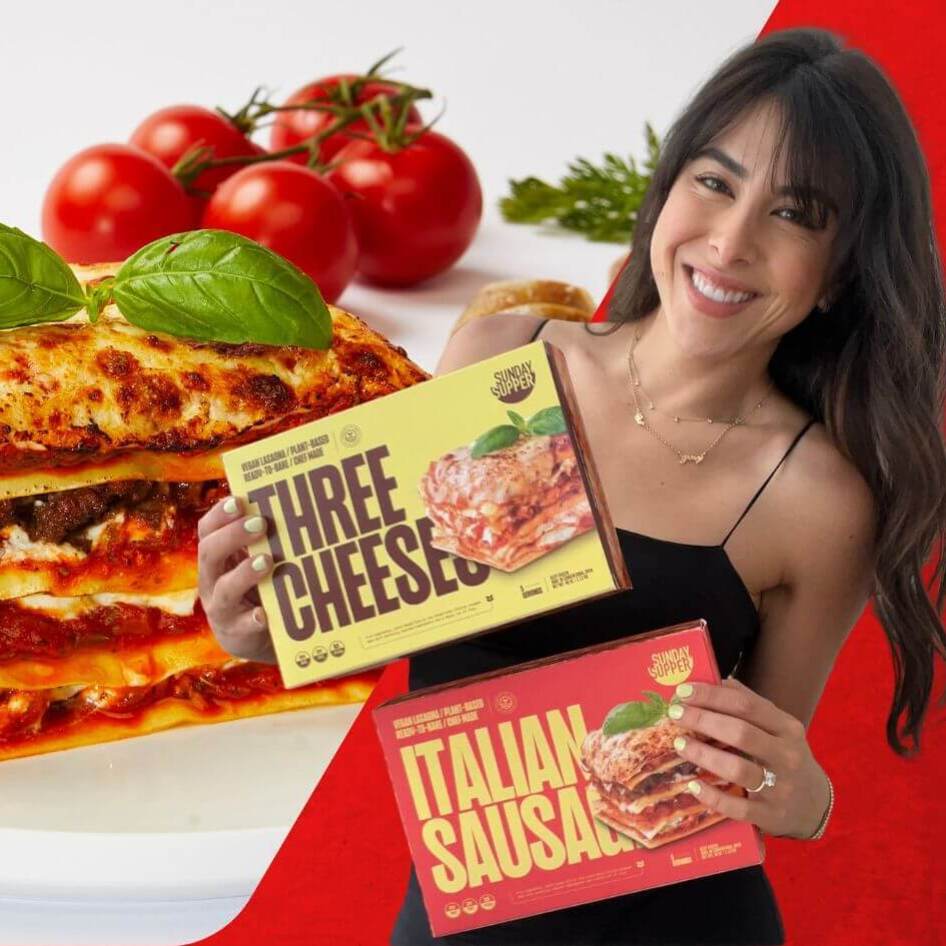Interview with Moby
Everyone’s favorite bald, vegan musician talks shop with VegNews.
November 30, 2008
For Grammy-nominated, platinum-selling artist Moby, 2008 was a good year. Not only did he release yet another studio album—“Last Night”—and perform on stages around the globe, but he also made a guest appearance in the pages of VegNews Magazine. Here, the superstar vegan talks music, politics, and what surprises lurk in his personal music collection.
VN: As outspoken as you are, and despite your punk-rock background, your lyrics seem apolitical and secondary to your instrumentals.
M: I’ve always wanted to write more issue-oriented music, but the truth is, whenever I’ve tried, I’ve never been very good at it. A lot of my heroes have written fantastic issue-oriented music—whether it was Public Enemy or Joe Strummer or Neil Young—but whenever I’ve tried to write political music, it’s just way too strident and too didactic. That’s why I’ve adopted this almost church-and-state separation where the music I make is personal and mood-driven, and then when I write essays or do interviews I tend to be more issue-oriented.
VN: What do you think of the view that the adoption and promotion of veganism is the most important form of activism an animal advocate can undertake?
M: Certainly, if the entire world decided to become vegan tomorrow, a whole host of the world’s problems would disappear overnight. Climate change would decrease by 25 percent, deforestation would cease, rainforests would be preserved, our water- and air-quality would increase, life-expectancy rates would increase, and our rates of cancer would plummet, so certainly, with that one action of becoming vegan you are quite effectively making the world a better place.
VN: The world has become more accepting of the vegan diet—indeed, in many parts of the world, it is trendy. Does this represent a truly radical change in people’s attitude toward animals?
M: Factory-farm lobbyists are so powerful and so well funded and they do everything in their power to hide the truth about farming. They keep the farms and slaughterhouses in places that most people never visit; they execute huge marketing campaigns in an effort to make animal production look like a happy, nice, benign institution. But, at the same time, when I was a vegan 15 or 20 years ago, it was a lot more difficult. First of all, no one knew what the word “vegan” meant and there weren’t very many [vegetarian] restaurants. When it came to traveling it was especially hard, but now almost every decent-sized city has health-food stores and vegetarian restaurants; people do seem a lot more receptive to the notion of someone being a vegan now than they were 20 years ago.
VN: Of your own collection of CDs, tapes, and records, what would our readers be most surprised to discover?
M: Musically, I like just about everything. I would say people would be surprised to learn about the majority of music that I own. I have some cool, credible records, but I also have Neil Diamond and Rod Stewart’s greatest hits. If the truth be told, I find myself listening to Neil Diamond and Rod Stewart way more than I find myself listening to cool independent indie rock from Williamsburg.
VN: If you went to a karaoke bar with friends, what song would you sing?
M: Well I’m not such a good singer; I’d be tempted to do “Livin’ On A Prayer” by Bon Jovi.
JUMP TO ... Latest News | Recipes | Guides | Health | Shop

